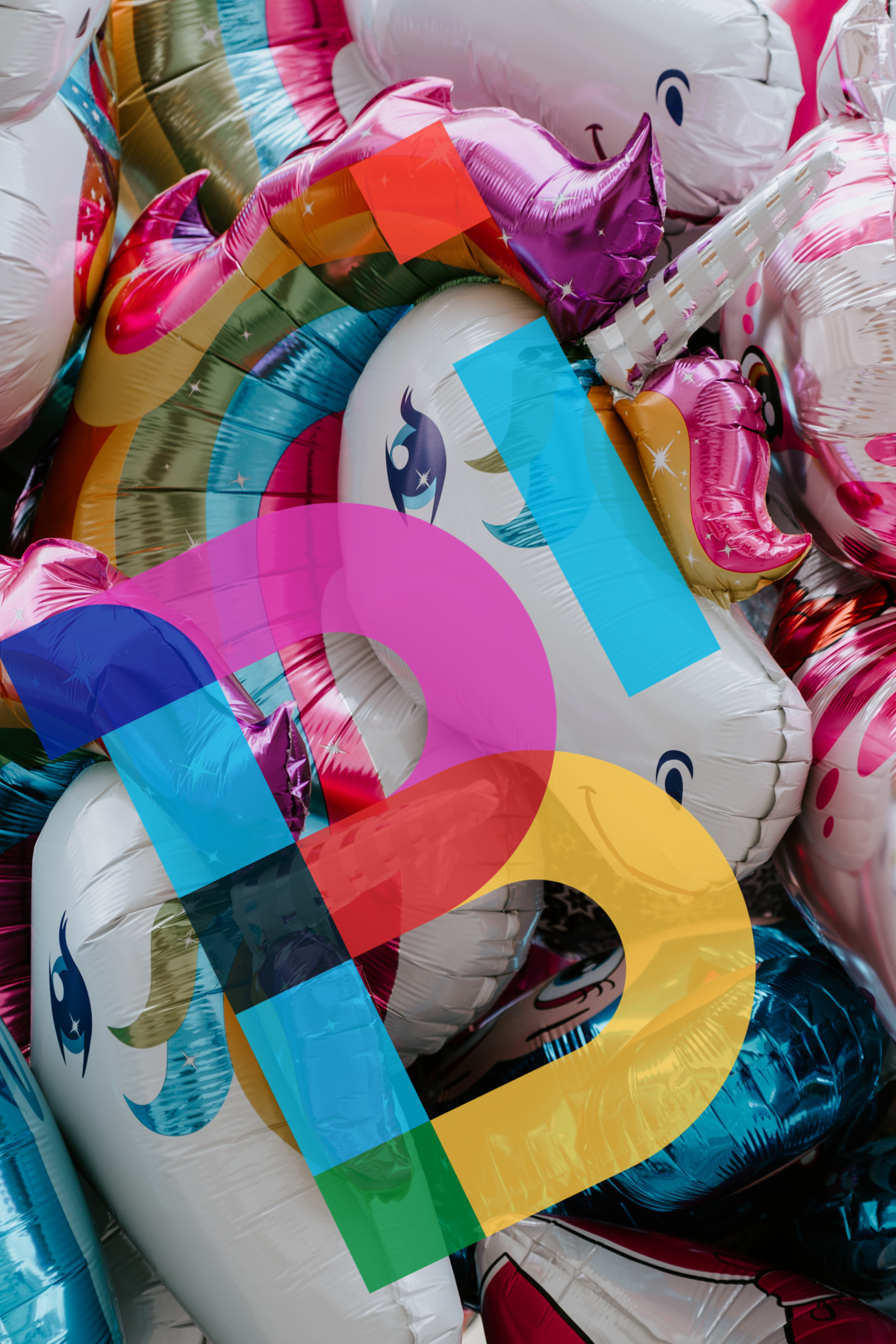Bi+ Research
The magical world of international, interdisciplinary, bisexual research
This article was written by Dr Julia Shaw for Unicorn Zine, an exploratory and experimental bi magazine project featuring stories about mental health, violence, abuse, and also positive sex, sexual and identity fluidity, and curiousities.
The first time I looked for a non-fiction book on bisexuality I was in the Castro, the famous gaybourhood in San Francisco. I wanted to know about me, my community, this bidentity that seems to be everywhere and nowhere. Perusing the LGBT+ bookstore Dog-eared books I was practically euphoric, high on rainbows and filled with a sense of discovery. But amidst specialised sections brimming with books, labelled with titles like ‘gay mysteries’ and ‘lesbian non-fiction’, my happy haze was replaced with a sense of abandonment when I finally found the tiny section called ‘bisexual, polyamorous and asexual’. Only 16 books on all of these identities?, I remember thinking.
I didn’t find what I was looking for, instead the experience awoke a new passion in me; to find non-fiction work on bisexuality and to make it more visible.
Later that year, in December 2019, I tweeted ‘who wants to form a research group with me?’ to discuss bisexuality. I unexpectedly had 20 researchers contact me within 24 hours. This surprised me, because I had been finding it difficult to locate any researchers who focused on bisexuality.
Over the next couple of months dozens more researchers got in touch and I set up the Bisexual Research Group. We now meet regularly, and our goal is to showcase the world of bi+ research to a wide audience.
Doing work in what is still the fringes of sexuality research, bisexuality researchers are a disparate group. My hope is that although bisexuality researchers are often the only person at their institution or in their field doing this kind of research, that they know they aren’t alone.
There’s a big international community they can be part of. There are more of us than you might expect, and the areas that bisexuality researchers cover are varied and fascinating, including topics like:
The history of bisexuality
Bisexual spaces
Bi+ men in relationships
Bi+ youth homelessness
Self-injury among bisexuals
Bisexual identities in Europe
Biphobia in sport
Medicalisation of bisexuality
Bi literary criticism
Plurisexual identity gatekeeping
Bisexuality in cinema
Bisexual migrants
Bi+ sex and relationships education
Sexual violence towards bisexuals
Religious bisexuals
Bisexual asylum seekers
Bi+ health behaviours
Bisexual men in prisons
Polygamous bisexuals
Monogamous bisexuals
Compared to many other sexual identities bisexuality is under-researched, but to echo this point repeatedly does the existing bisexuality research a disservice. If we look closely we find that there has been a lot of scholarly work that can help us understand the beautiful and complicated sexuality that we call our own.
Since my visit to the Castro, I have accumulated a beautiful collection of bi books by incredible authors. My fear of the homogenising force of the LGBT+ rainbow that I felt at Dog-eared books has been replaced with a passion to show that within the queer community we are together but not the same – with all letters of the sexual identity alphabet working together in the fight against oppression, while allowing for a space specific to the issues that are most pressing for each identity.
To better understand this nested reality of sexualities, I’m now back at university doing a masters in queer history at Goldsmiths to understand my own experiences of bisexuality within the complex cosmos of socio-political issues and to connect with all the plurisexuals who came before me. I feel like I’m finally home.
By amplifying research on bi+ identities we can all help to illuminate the joys and frustrations, liberation and oppression, ubiquity and marginality of being bisexual.
Want to hear directly from bi researchers? On 26th February 2021 we will be hosting a bisexual panel in collaboration with METRO and the Goldsmiths Centre for Queer History. Register for free here.
Heads up that we also have plans to host the first ever online international bisexual research conference later this year.
